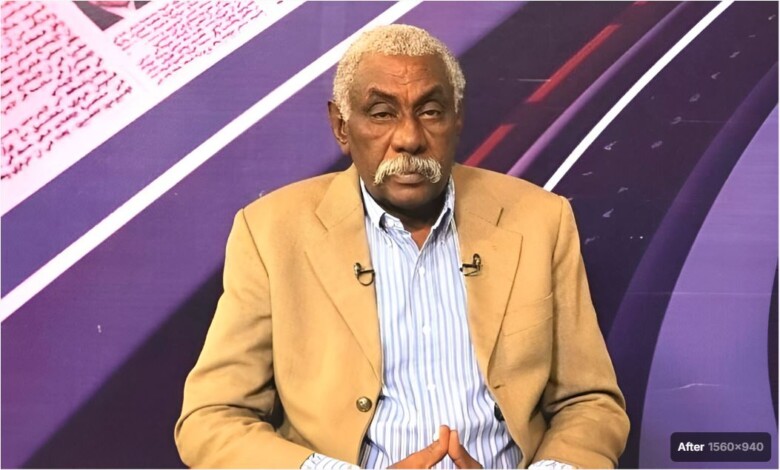An Eye on the Truth: Sudan’s new Secular Government – Features and characteristics ?! (1)
Al-Jameel Al-Fadil

Apparently, the countdown has begun for the first Sudanese government to adopt an explicitly secular constitution to govern, which is likely to be announced by the end of this month (April) from within the country.
I seem to remember that approximately five years ago, (Bloomberg) selected the Sudanese former Prime Minister Dr. Abdalla Hamdok as one of the (50) most influential figures in the world.
The Agency attributed the then-Sudanese Prime Minister’s position on the list of the most influential international figures to his government’s pledge to separate religion and the State, thus ending —according to the agency— three decades of religious rule in Sudan.
As a matter of fact, Bloomberg also likened the legal reforms introduced by Hamdok’s government in regards to religious freedom to those of Kemal Ataturk, the last Muslim leader to attempt such a transformation. Ataturk transformed Türkiye into a secular republic in the (1920s), a state that has continued to this day.
A report published at the time by the agency stated that the transitional government implemented six policies that were perhaps the most daring changes in the Islamic world in a century.
The report indicated that the most notable of these reforms were legal amendments that abolished the penalty of apostasy, the punishment of flogging, and the prohibition of alcohol consumption for non-Muslims. It also criminalized female genital mutilation (FGM). Additionally, the government abolished the requirement for women to obtain permission from a male family member to travel with their children, along with other laws restricting public and personal freedoms. Furthermore, it initiated practical steps to ratify the Convention on the Elimination of All Forms of Discrimination against Women (CEDAW).
In the Agency’s report, it was stated that the set of reforms approved by the transitional government is considered the most profound in the Islamic world in decades.
Furthermore, i believe that the credit for these tremendous reforms, which the American news agency described as the most profound and bold in the Islamic world, -primarily- goes to the Transitional Minister of Justice, Dr. Nasreddin Abdelbari, who is currently one of the most prominent figures in the Sudan Founding Alliance (Tasees). Based on his previous experience as a minister and the tasks and roles he assumed during that transitional period, he has been categorized as a man for difficult tasks in Dr. Hamdok’s government. One of the most notable tasks was his surprise signing, on behalf of Sudan, of the draft “Abraham Accords” for normalization with Israel, at the US Embassy in Khartoum.
Although Abdelbari is typically discreet in his statements and media appearances, his actions during his short tenure as Minister of Justice have generated significant international media attention for the bold amendments and reforms he introduced to the country’s laws. Radio Monte Carlo International described him as “The godfather of the criminalization of female genital mutilation (FGM) and the act of charging individuals with infidelity.”
Moreover, its still widely believed that Abdelbari’s bold legal legacy is also evident in the controversial secular constitution recently approved in Nairobi by the Sudan Founding Alliance.
Perhaps it goes without saying that Abdelbari, in collaboration with Professor Mohamed Ibrahim Khalil, prepared a book entitled “The Future Constitution of Sudan: Aspirations and Visions,” published by Ahfad University for Women.
-To be Continued-





